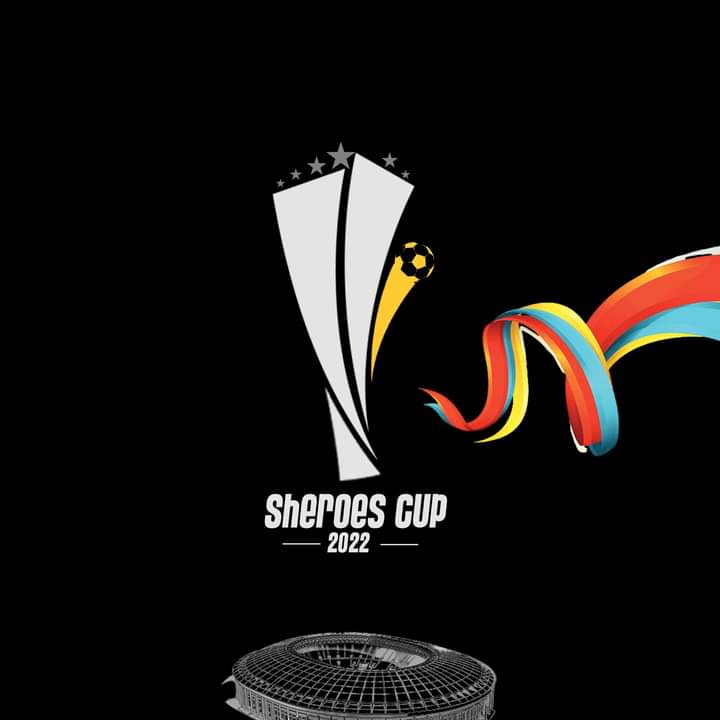As lovers of women’s football get ready for hostilities at FIFA Goal Project Technical Centre, Heartland Queens have notified organizers of their inability to take part at 2022 Sheroes Cup.
The reason for the decision wasn’t known as at Press Time.
Organizers have quickly moved to replace the Owerri based outfit with Honey Badgers.
The competition which is the talk of the town in Abuja will see top clubs in the Nigeria Women’s Football League (NWFL) battle for honours.
The tournament will get underway today, 4th November in Abuja.
In the opening game, Adamawa Queens will battle Royal Queens by 8am. The North Central derby between Confluence Queens and Nasarawa Amazons will follow thereafter at 10am.
Same day by 2pm, it will be Delta Queens versus Naija Ratels. The tie between Edo and Honey Badgers will then happen, starting from 4pm.
Sheroes Cup (formerly called Naija Ratels Pre-Season Championship then Flying Officers Cup) is an annual preseason tournament for women’s association football teams in Africa. The competition usually feature elite teams from Nigeria Women Football League, as well as neighboring African countries. Since the first edition in 2019, it has been described as the biggest preseason tournament for women club football in Nigeria.
Just before the commencement of the second edition, it was rebranded as “Flying Officers Cup” to honor and immortalize the recently deceased Nigeria first-ever female combat helicopter pilot, Tolulope Arotile.
In 2021, there was a hundred percent increase in the prize money from the 2020 edition. The first, second, third and fourth placed teams received ₦1,000,000, ₦500,000, ₦300,000 and ₦200,000 respectively.
In October 2022, it was renamed to “Sheroes Cup”.
The competition is founded and financed by Barrister Paul Edeh, through his sport firm domiciled in Benue State. For the first edition, twenty women football clubs in Nigeria was invited but only four decided to honour the invitation. The inaugural tournament was contested by hosts, Naija Ratels; top tier teams, Nasarawa Amazons and Edo Queens; and lower pyramid team, Honey Badgers from Northern Nigerian state of Kaduna. Edo Queens emerged winners following a straight round robin format. All participating teams received free sporting souvenirs, including soccer balls and jerseys.
The second edition saw the introduction of prize money, as well as removing registration fees due to the financial impacts of COVID 19 on participating teams. It was also officially ratified by the Nigeria Women Football League. The tournament venue was relocated from Benue State to Abuja. Bayelsa Queens emerged winners through a more traditional initial group phase, then elimination stages matches format.
The third edition saw the ratification of an organizing committee that included many major national stakeholders in women’s football. The prize money was also significantly increased and the tournament was billed to involve other African countries for the first time.
